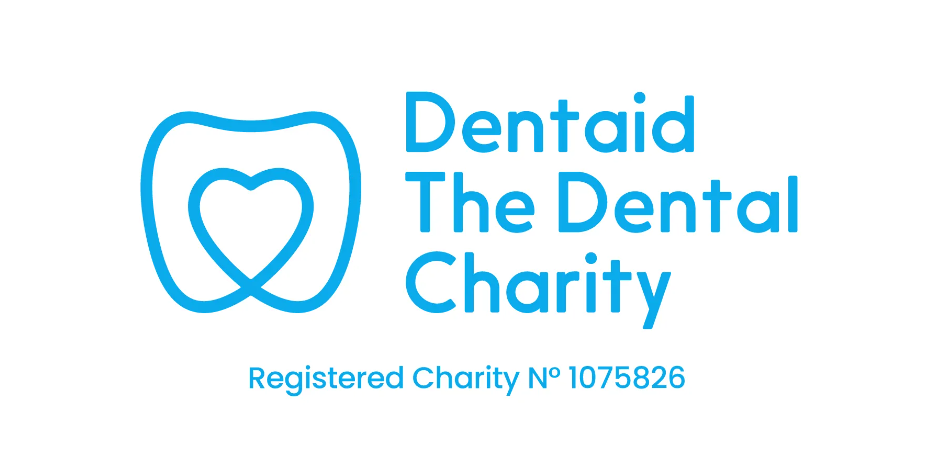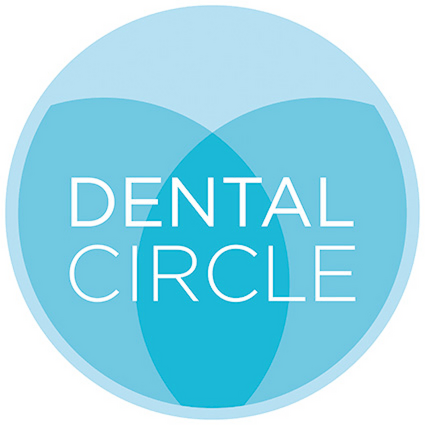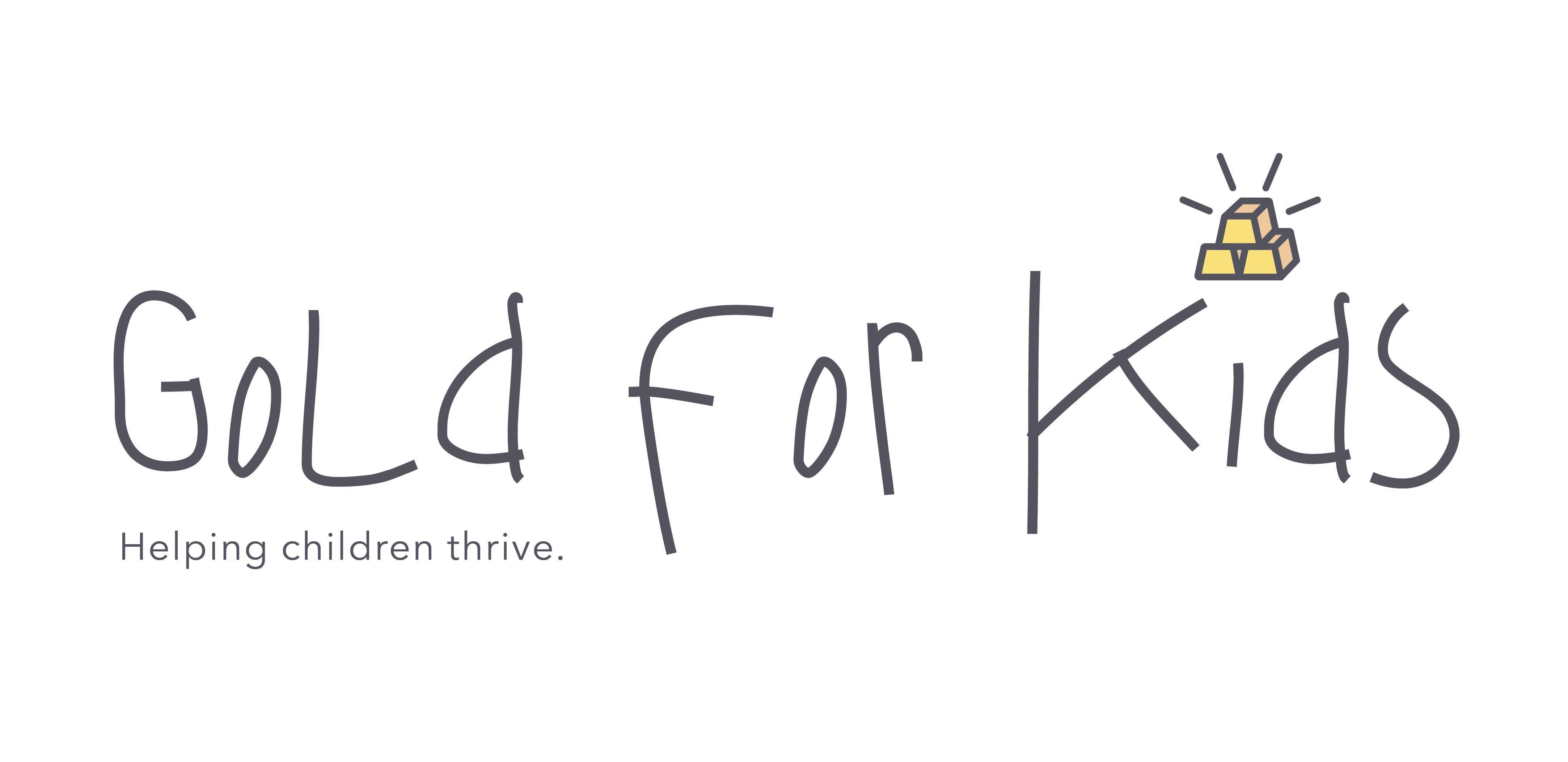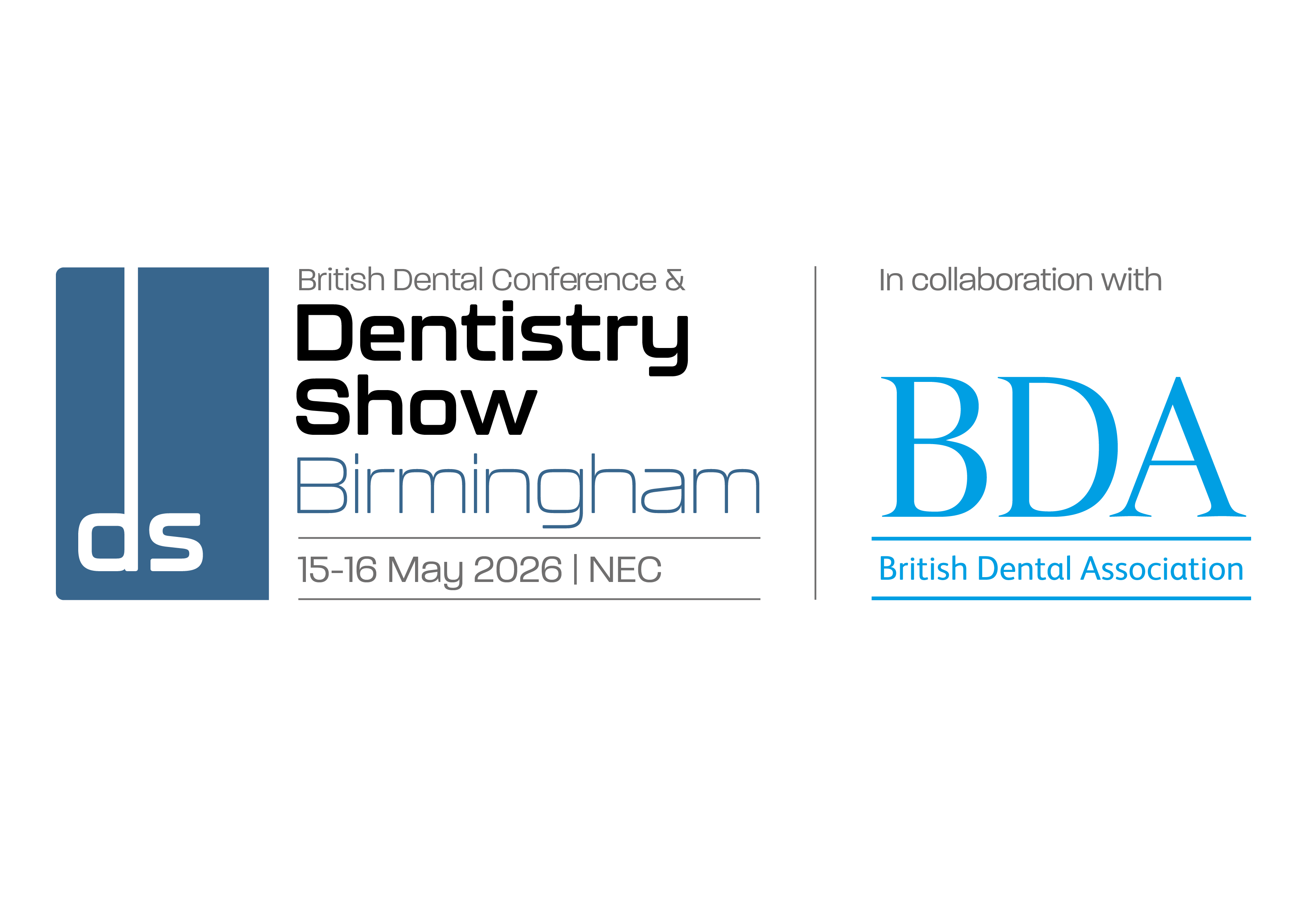The cracked tooth pandemic
)
Cracked teeth are fast becoming one of the most common issues that dental professionals will see in practice on a daily basis. Specialist Endodontist and Honorary Secretary of the British Endodontic Society Dipti Mehta knows this all too well and is keen to share her tips and tricks for classification and management of cracked teeth at this year’s British Dental Conference & Dentistry Show (BDCDS). We caught up with Dipti to find out more about this worrying trend, and what she has in store for her lecture at BDCDS this year.
You’ll be speaking at BDCDS about the ‘cracked tooth pandemic’. Can you give us a brief overview of what you’ll be covering during your lecture?
Significant uncertainty exists amongst clinicians as to the best way to manage cracked teeth, despite increasing numbers of such teeth presenting to us in daily practice. My talk will aim to demystify cracked teeth from diagnosis to management. The lecture will cover classification and highlight diagnostic tips and tricks. The infamous ‘cracked tooth syndrome’ will be explained and its management clarified. We will debate the role of endodontic treatment and its need, as well as discuss the nuances of delivering this in appropriate cases for structurally vulnerable teeth. Most importantly, we will spend time exploring the prognoses of teeth with cracks, emphasising which are worth treating and which are better off being extracted.
Why do you feel this is an important topic to cover?
When endodontists look at their referral case load, a considerable proportion of teeth referred to us have cracks, rather than caries. We could attribute this to our ageing population and our lifestyles becoming more hectic. Either way, we are presented with a problem that is becoming increasingly common yet not well understood by many clinicians. The need to both simplify and clarify cracked teeth management will be the key to improving clinicians’ confidence when treating such teeth.
Who will this lecture be useful for and why?
Delivered from an endodontic standpoint, the talk is targeted towards all levels of clinicians, regardless of experience level. From newly qualified general practitioners to experienced generalists and specialists, we are all coming across cracked teeth and the dilemmas related to managing them on an increasingly regular basis. The aim is for there to be practical take-home messages to influence the practice of every clinician attending.
Are you seeing any new trends or developments in the world of endodontics at the moment?
In recent years there has been a drive towards tooth preservation within endodontics, fuelling the growth of minimally invasive techniques. This has influenced access cavity design, preparation, disinfection and obturation protocols. The development of more flexible endodontic files has allowed us to prepare curved canals through smaller access openings, and contemporary file systems aim to preserve the important coronal dentine (peri-cervical dentine), creating more narrow shapes. Disinfection of these shapes remains a challenge, and equipment and techniques have been introduced to try and overcome these problems. Canal obturation has evolved with the use of hydraulic calcium silicate-based sealers with GP to allow us to fill these smaller preparations. Currently, there is insufficient data available on the prognostic effect of such conservative techniques, however ultimately, the end goal should be conservation of as much tooth structure as practically possible whilst achieving the aims of treatment.
Do you have any advice for dentists thinking about specialising in endodontics?
I can honestly say that my decision to specialise in endodontics was the best career move I have made. In an era where tooth preservation is valued by patients and clinicians alike, the thrill of seeing radiographic healing and saving teeth remains, no matter how many teeth you’ve treated. If you have an interest in endodontics, firstly get more experience, because practice makes perfect. Secondly, network with those in the endo world by attending events such as the British Dental Conference & Dentistry Show and the British Endodontic Society meetings and Early Career Group events. Here you can meet like-minded individuals that will provide you with guidance before you decide on the pathway to suit you.
Apart from your speaking session, what else are you looking forward to about attending BDCDS 2024?
This will be my first time attending the British Dental Conference & Dentistry Show in Birmingham, so I am very excited about the event. I’m really looking forward to listening to the other speakers, interacting with the fabulous trade, and catching up with friends I haven’t seen for a while at BDCDS 2024. See you there!
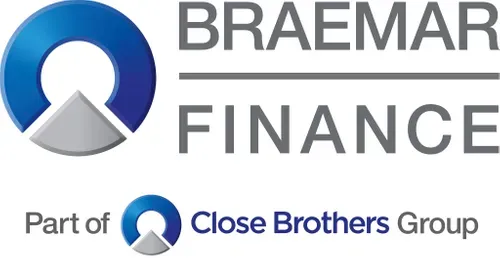


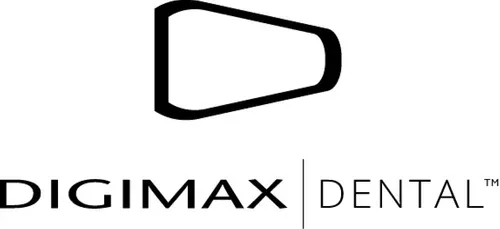


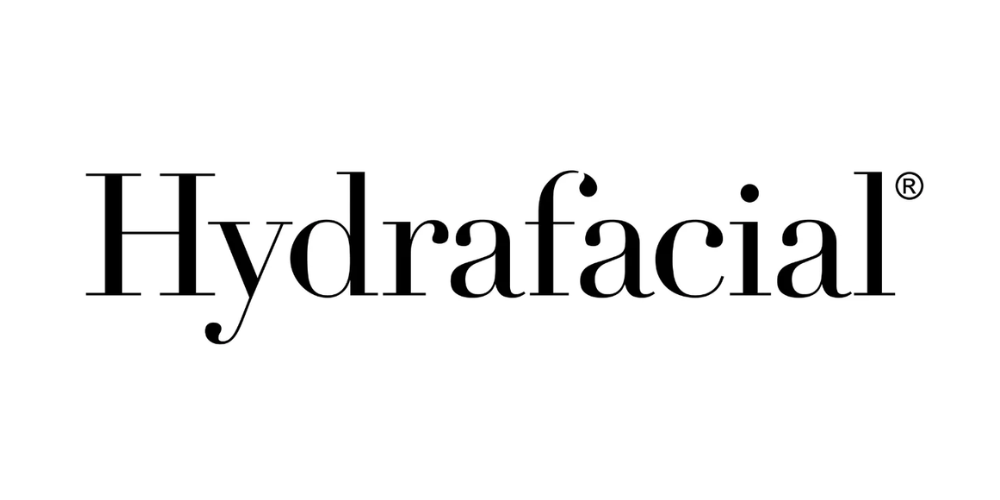








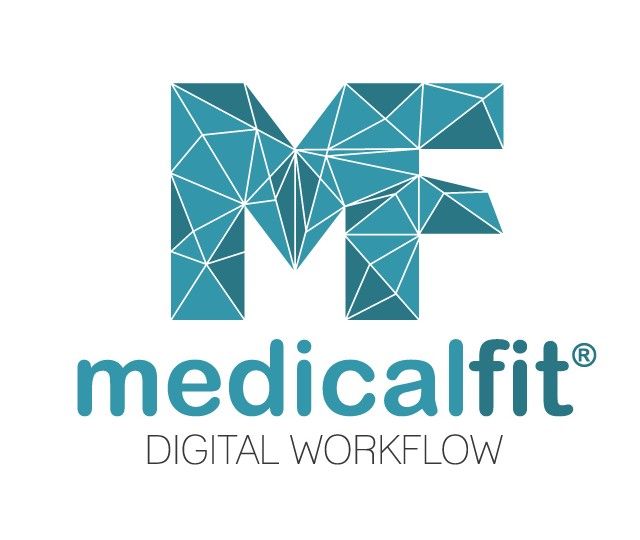


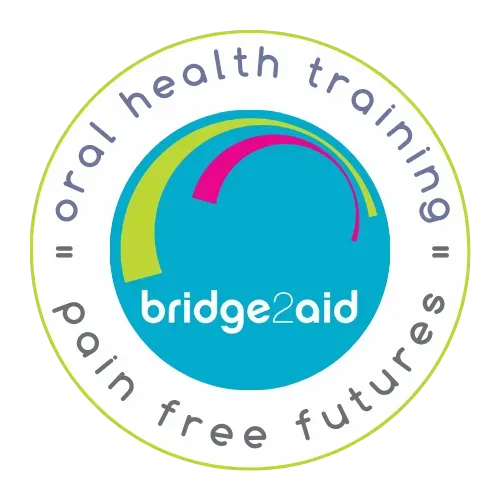
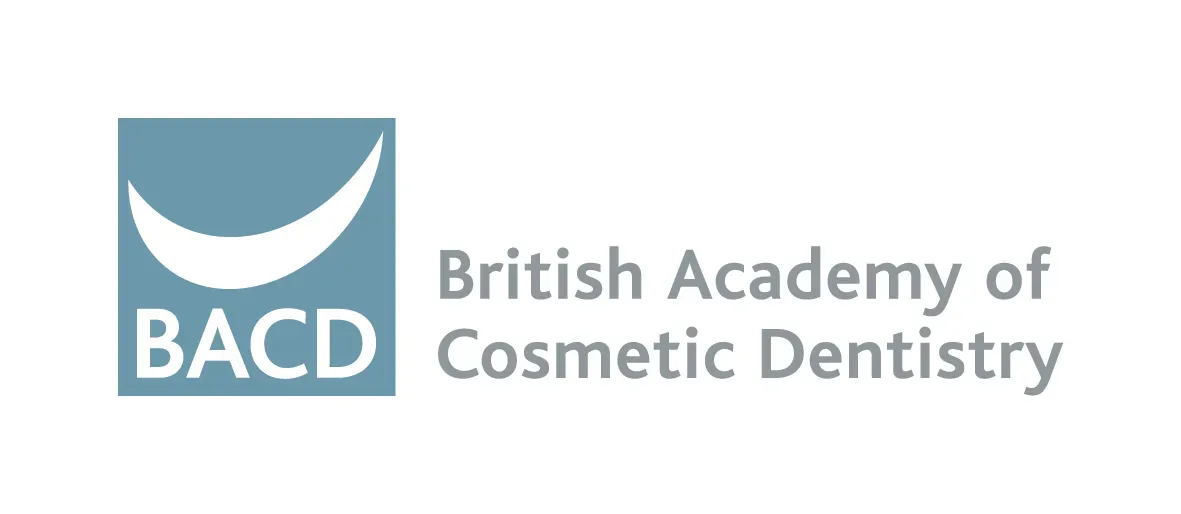
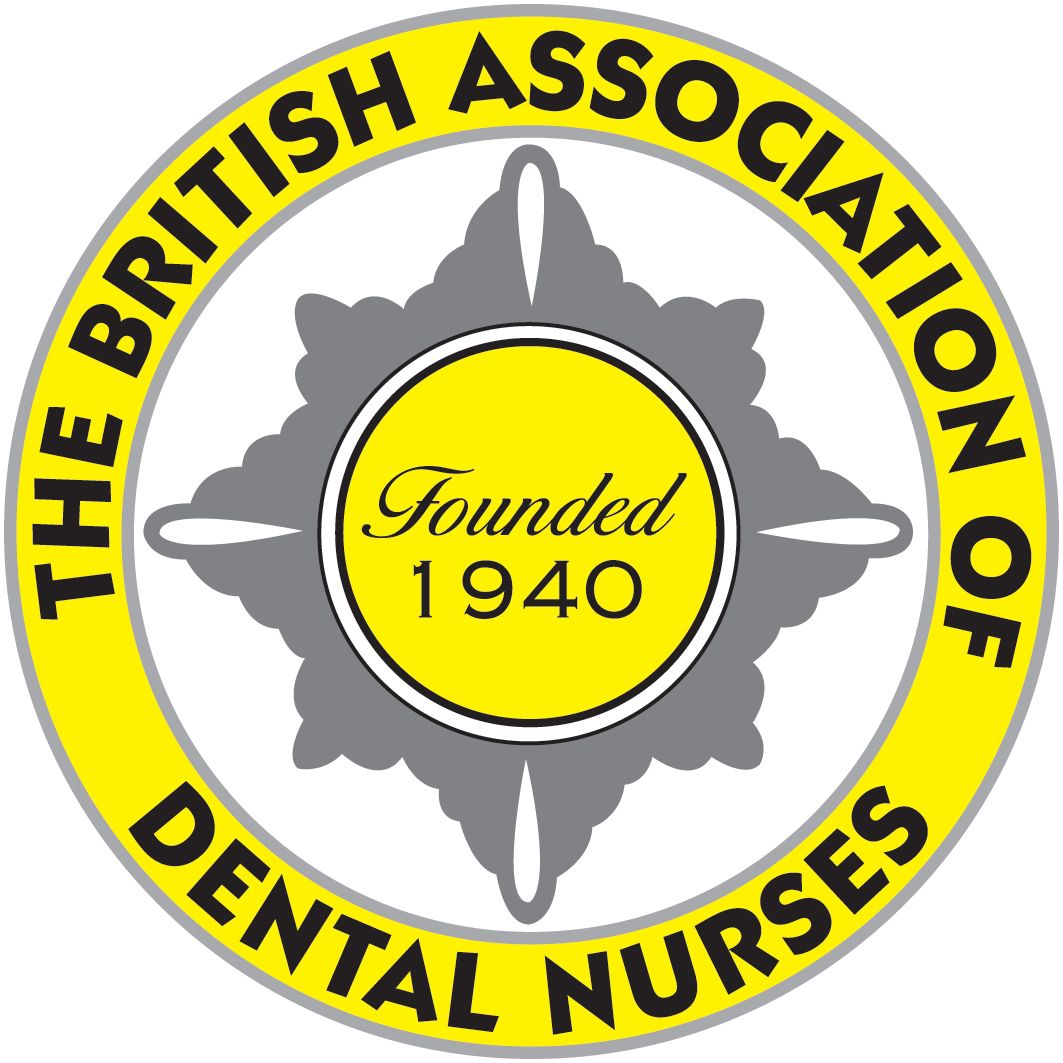
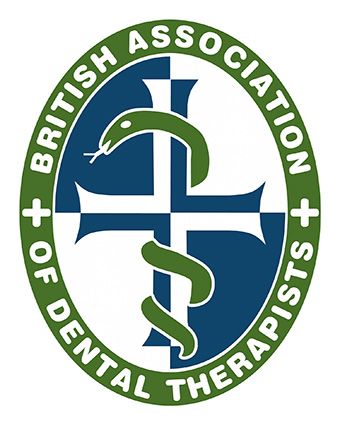
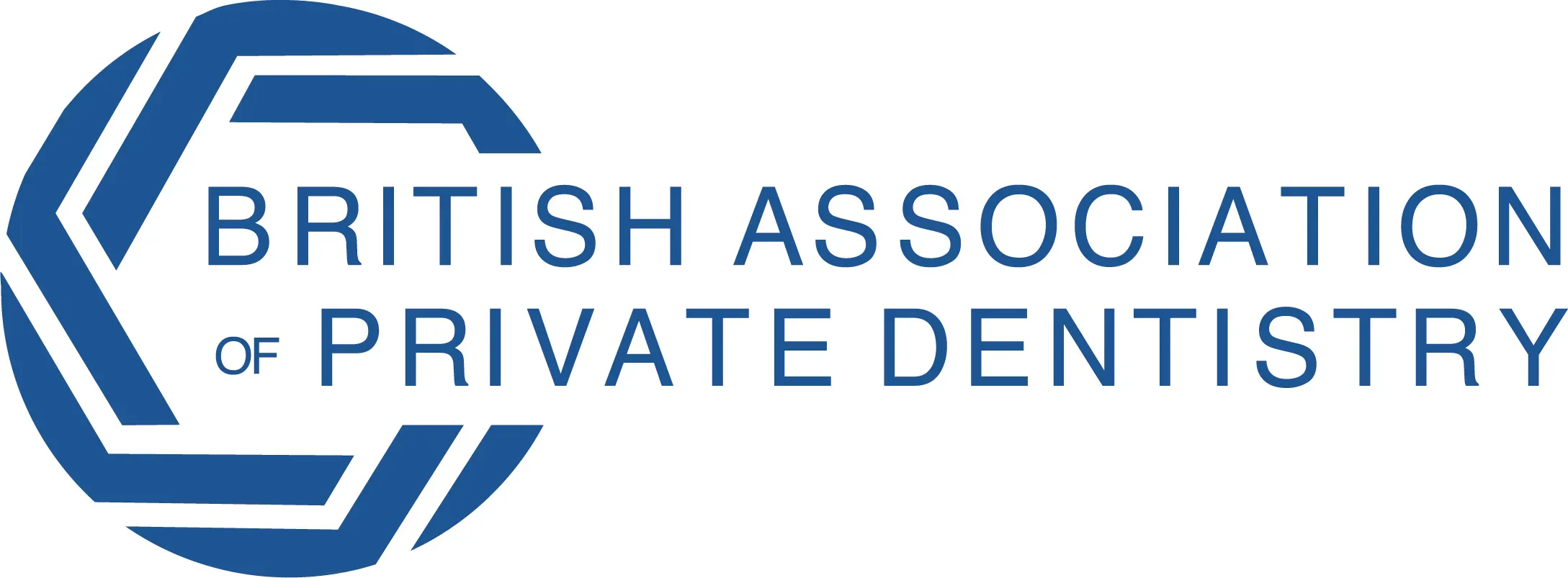
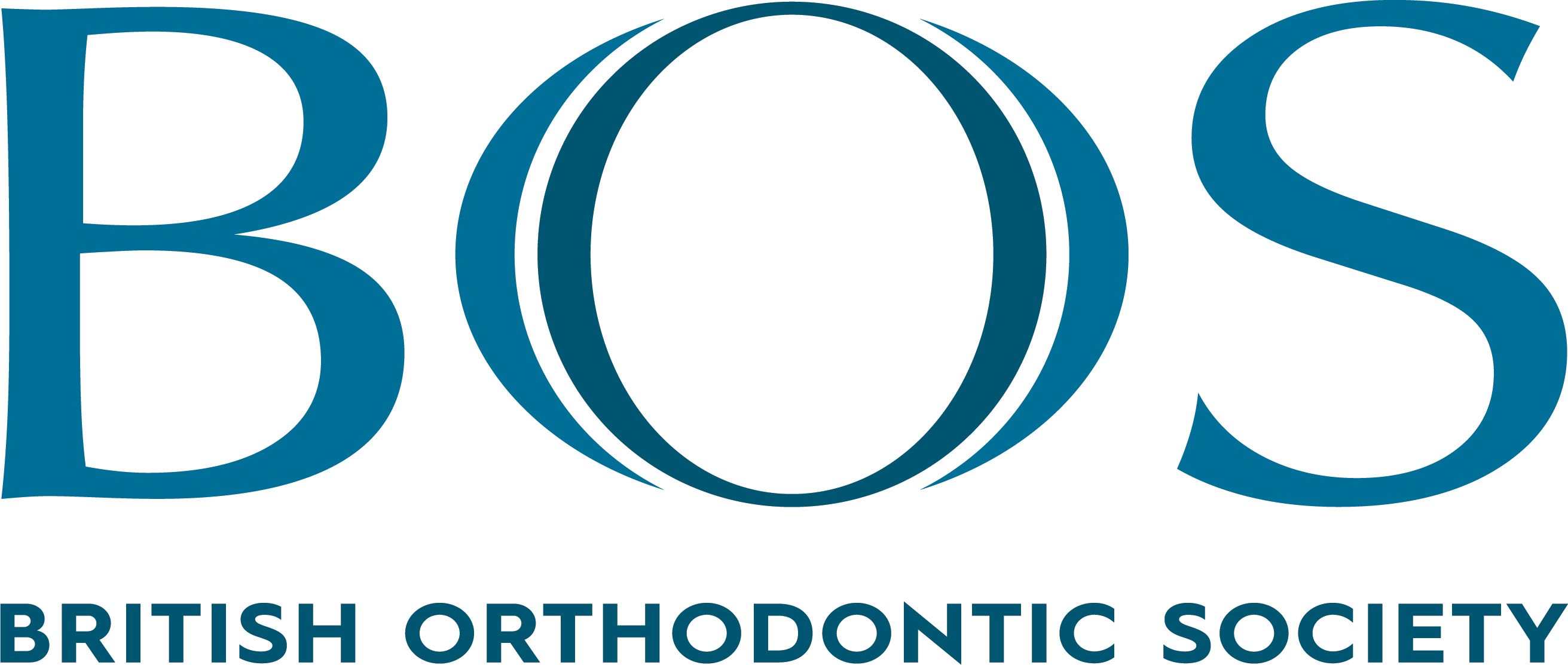
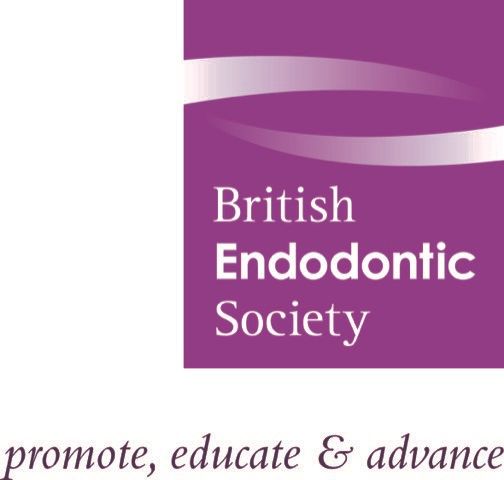
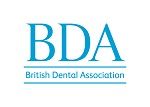


.png)
